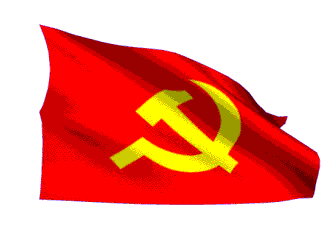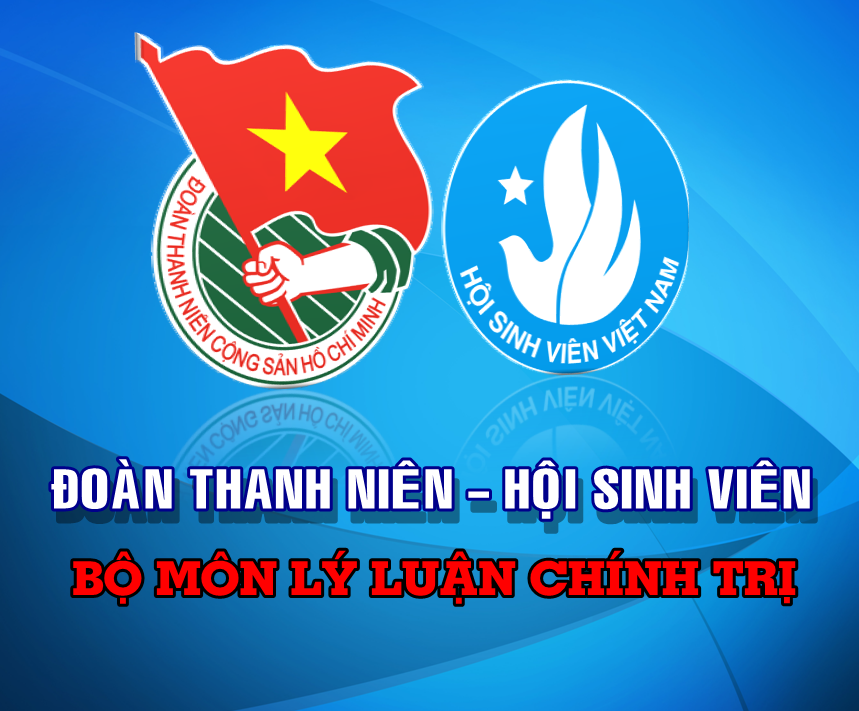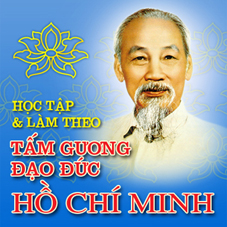- Giới thiệu
- Tra cứu điểm
- Mẫu biểu
- Giáo trình - Tài liệu
- Nhiệm vụ công tác trọng tâm
- Tuyển sinh
- Bài giảng và tài liệu tham khảo
- Ngân hàng câu hỏi và giới hạn ôn thi
- Giải đáp thắc mắc
- Ngoại khóa
- Công tác giáo viên chủ nhiệm
- Khen thưởng - Kỷ luật
- Cơ sở vật chất
- Thư viện ảnh/video
- Kỹ năng sống
- Văn bản pháp luật
Nội dung semina khoa học bằng tiếng Anh BM Lý luận Chính trị lần 2(Tháng 4/2018) - Cô Nguyễn Thị Nga
TALK ABOUT VILLAGE DEMOCRACY
Village is the living cell of Vietnamese society. It is a natural product of the settlement process and the Vietnamese community. In the process of development of the history of traditional Vietnamese villages, especially in the North, is an important basis for us to learn about the Vietnamese society in particular and Vietnamese society in general. Talking about democracy in the village is a great thing when it comes to this issue.
The issue of democracy in Vietnamese tradition has been set up by researchers for more than a decade. Some people affirm and uphold the democratic tradition as one of the preeminent traditions of the people created during the country's building and defense, and a favorable base for building the regime. Collectively, build socialist democracy. Some others, especially in recent times, have expressed complete suspicion or denial of the emergence and existence of a democratic tradition in the context of the monarchy in Vietnam and Oriental in general. From that point of view, we will have an overview of the issue of democracy in the traditional village of North Vietnam on a few specific issues:
The First, democracy in traditional Vietnamese society is not guaranteed in gender relations. In villages, there are organizations called "armor". Armor is a collection of classmates. However, this is a form of organization dedicated to men, women are not allowed to armor. This means that the position and role of men and women in the old society are completely different. The higher the position of the man, the less the woman is, even the more despised. Gender inequality is not only present in the "thinking" of each person but it is also very clearly expressed in the culture of Vietnamese Village.
For example, one of the "most visible" areas of gender inequality in the old society was the village. Normally, the village is the cultural place of all the villagers, where all the villagers sit together to discuss and decide the great work of the village. But in reality this place only allows the five men are allowed to appear, and women are absolutely not "sharp" array. This rule is so strict that a child who is newborn, but if the son is allowed to "brush to sit in the middle of the yard", the opposite if the "elderly" but the body " "It is a taboo to enter the village. Being evicted from the communal house, sisters came to the water. Trial, the new water station is the cultural space of the women in the village, in this place male men are not present. This absenteeism is not forbidden, but because they do not appear in such places, if for some reason they are caught here, the face of a man He will be "shameful" in a shameful way.
Second, in the same cultural space as the communal house, age inequalities arise and persist. Specifically, as shown above, the village is the place where only men and men are present, to participate in the main meetings in the village, but not everyone has the same rank and position. . Especially when looking at the arrangement of sitting in the house, we can easily see this age inequality. There, the "elders" are sitting in the front row, "middle aged" sitting in the middle and young men are sitting in the last. When discussing a problem, only the elderly in the village are allowed to voice their opinions. In addition, if the young man coated, somebody that has comments as if that was said to "eat, say climb the instruments". That means that, although allowed to sit in the family, but the young men have no voice at all.
Third, the demoralized state of democracy is also expressed among the clans in the village. When it is necessary to comment on the general issues of the village, only large families with large number of descendants in the village have either strong economic potentials or social status. Newly presented and respected, otherwise not.
Fourthly, the rights of all sections of the population are equally recognized and guaranteed, with the distinction between indigenous peoples and outsiders. There, the outsiders are always scorned and overdone, they always get the distasteful and distressing eyes of the indigenous people in the village, which means that the outsiders will not be. Participation in the collective work of the village, even participation in festivals as the subject, is not only the people to watch and promote the movement.
From the above, we can draw comments on the issue of village democracy as follows:
There is no denying the existence of certain ideologies and democratic forms in social life and in the Vietnamese tradition. This is most evident in the armor introduced. With age-based opera- tion, the equality of all is still present as a spiritual need in free-living minorities. In addition, the convention is a tool to prove this.
These ideologies and forms of democracy are, in fact, peasant democracy arising from the social struggle of the small producers, with the highest development being the average, the proletarian-based democracy. preservation of communal community relations and some measures of the family of progressive tides under conditions of class discrimination are not fierce and the urgent requirements of the task of preserving the country. Those ideologies and forms of democracy have shown its positive and progressive aspects in the context of history but have its drawbacks.
The democratic factors in the Vietnamese tradition are too low and too weak for the current democracy. Moreover, in the Vietnamese tradition, peasant democracy with the ideals of communism and peer-to-peer democracy has been involved in the community to bind human beings who are present in the democracies and as sources of Some negative aspects of society are happening everyday
Summary, we find that in traditional Vietnamese society, in Vietnamese culture, our democracy is very narrow, democratic, unequal. From there, we will have a general view of traditional villages in the North, especially draw lessons learned in the preservation and promotion of democracy in the village. For today, while there are still many traditional cultures that exist in the village society, these things will not be able to hinder the construction and expansion of our new democracy. In the present stage, because the more lack of freedom, the more people aspire. That desire will be an important motivation for us to quickly build a new social system where democracy will be maximized and implemented extensively.
-
18, Tháng 5, 2022
-
14, Tháng 5, 2022
-
10, Tháng 5, 2022
-
5, Tháng 5, 2022
-
30, Tháng 4, 2022
-
10, Tháng 5, 2022
-
30, Tháng 4, 2022
-
5, Tháng 5, 2022
-
18, Tháng 5, 2022
-
14, Tháng 5, 2022








